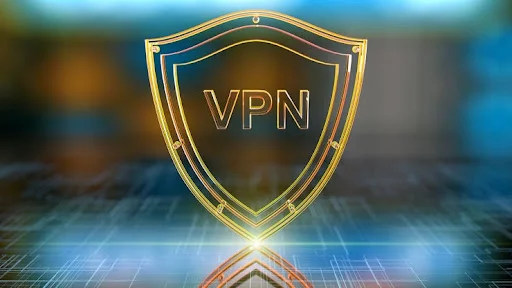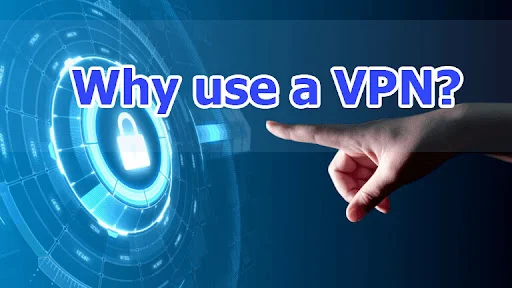🤔 Pros and Cons of VPN: Understanding the Benefits and Drawbacks 👍👎
With the rise of online activities, the importance of online security and privacy has become paramount. VPNs have emerged as a popular solution to address these concerns. However, like any technology, VPNs come with their own set of advantages and disadvantages. In this article, we'll explore the pros and cons of VPNs, so you can decide whether they are right for you.
🚀 Pros of VPN
🛡️ Enhances Online Security
One of the biggest benefits of VPNs is that they enhance online security by encrypting your internet traffic. This means that any data you send or receive is scrambled, making it unreadable to anyone who tries to intercept it.
🔒 Protects Privacy
VPNs also protect your privacy by masking your IP address and location. This means that your online activities are not tracked by websites, advertisers, or even your internet service provider (ISP).
🌎 Access Geo-Restricted Content
VPN services allow you to bypass geographic restrictions and access content that may be blocked in your location. For example, if you're in a country where a certain streaming service is not available, you can use a VPN to connect to a server in a location where it is available.
📶 Improves Internet Speed
In some cases, VPNs can improve internet speed by reducing latency and minimizing network congestion. This is especially true if you're connecting to a VPN server that is closer to your physical location.
💰 Saves Money
Using a VPN can help you save money by getting better deals on products or services that may be priced differently in different locations. For example, you may be able to buy a flight ticket or book a hotel room at a lower price by connecting to a server in a different country.
🛑 Cons of VPN
🐌 Slows Down Internet Speed
While VPNs can improve internet speed in some cases, they can also slow it down in others. This is because the encryption and decryption of data can add extra overhead, causing slower speeds.
💸 Cost
VPN services are not free, and some can be quite expensive. While there are free VPNs available, they often come with limitations such as slower speeds, data caps, and fewer server locations.
📵 Can Be Blocked
Some countries or organizations may block VPN services, making it impossible to use them. Additionally, some websites may also detect and block VPN connections, making it impossible to access certain content.
🤖 Potential Malware and Privacy Risks
Not all VPN services are created equal, and some may be prone to malware or other security vulnerabilities. Additionally, some VPN providers may log your online activities or sell your data to third parties, which can compromise your privacy.
📈 May Attract Unwanted Attention
Using a VPN may attract unwanted attention from law enforcement or other organizations. While VPNs are legal in most countries, some countries may have laws that restrict their use.
💡 Conclusion
In conclusion, VPNs can be a valuable tool for enhancing online security and privacy, accessing geo-restricted content, and saving money. However, they also come with their own set of drawbacks such as slower internet speeds, costs, and potential security risks. Ultimately, the decision to use a VPN should be based on your individual needs and preferences.
______________________________
| 🙋♀️ FAQs |
|_____________________________|
1) Is it legal to use a VPN?
=> In most countries, using a VPN is legal. However, some countries may have laws that restrict or regulate VPN use.
2) Can a VPN get hacked?
=> Yes, it is possible for a VPN to be hacked but it is very difficult due to the strong encryption protocols used by most VPN services. However, it is important to choose a reputable VPN provider and keep your device and VPN software up-to-date to minimize any potential risks.
3) Can I use a VPN on my phone?
=> Yes, most VPN services offer apps for both Android and iOS devices.
4) Will using a VPN slow down my internet speed?
=> It is possible for a VPN to slow down your internet speed due to the encryption and decryption of data, but this is not always the case. Some VPNs may actually improve your internet speed, especially if you're connecting to a server that is closer to your physical location.
5) Are free VPNs safe to use?
=> Not all free VPNs are safe to use, as some may contain malware or sell your data to third parties. It's important to choose a reputable VPN provider and carefully read their privacy policy before using their service.



